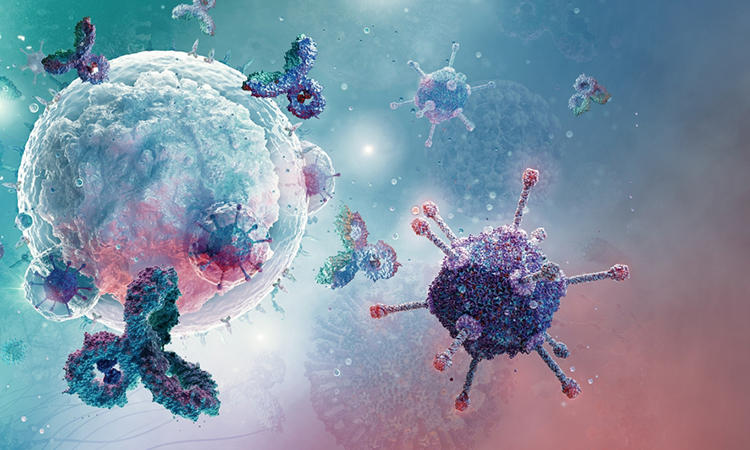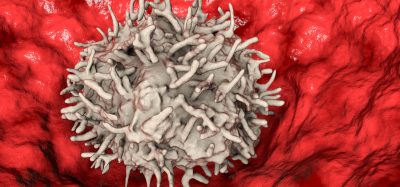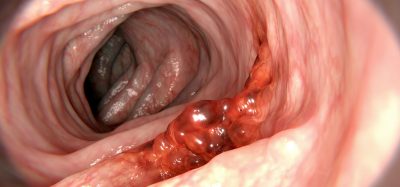How tumours change immune cells to promote cancer growth
Posted: 22 June 2022 | Ria Kakkad (Drug Target Review) | No comments yet
Researchers have found that soft-tissue sarcomas change the biology of immune cells surrounding tumours to promote tumour growth

Scientists from Cedars-Sinai Cancer, US, have discovered that cancerous tumours called soft-tissue sarcomas produce a protein that switches immune cells from tumour-attacking to tumour-promoting. The study, which was recently published Cell Reports, could lead to improved treatments for soft-tissue sarcomas.
The researchers focused on the tumour microenvironment—an ecosystem of blood vessels and other cells recruited by tumours to supply them with nutrients and help them survive.
“Tumours also recruit immune cells,” said Dr Jlenia Guarnerio, senior author of the study. “These immune cells should be able to recognise and attack the tumour cells, but we found that the tumour cells secrete a protein that changes their biology, so instead of killing tumour cells they actually do the opposite.”
In comparing samples of a variety of soft-tissue sarcomas in humans and laboratory mice, the team noted that most of these tumours have an abundance of immune cells called myeloid cells in their microenvironment.
“It was striking that such a large percentage of the immune cells were myeloid cells, and we thought that since they obviously were not killing the tumour cells, they must be doing something to promote tumour growth,” said Dr Stephen Shiao, a co-author of the study. “And indeed, our analysis of tumour samples showed that many of the myeloid cells had adopted a tumour-promoting function.”
To find out what was causing this change, investigators examined the proteins secreted by the tumour cells and the receptors on the surface of the myeloid cells—the elements cells use to communicate. “We examined the cross-talk between these two populations of cells,” Guarnerio said. “We found that the tumour cells expressed high levels of a protein called macrophage migration inhibitory factor (MIF), and that the myeloid cells had receptors to sense the MIF proteins. This makes them switch their biology and promote, rather than block, tumour growth.”
When the investigators generated tumours from cancer cells that did not express MIF, myeloid cells were able to penetrate the tumours and tumour growth was reduced.
“This means the myeloid cells might have attacked the tumours directly, or might have activated other immune cells, for example T cells, to attack the tumours,” Guarnerio said.
The investigators believe this information could be used to create novel therapies against soft-tissue sarcoma. A medication designed to stop cancer cells from expressing MIF could be tested in combination with existing therapies, for example, to see if it improves outcomes for patients.
“Recurrent and aggressive soft-tissue sarcoma has proved resistant to our existing therapies,” said Dr Dan Theodorescu. “Yet interventions aimed at targeting components of the tumour microenvironment, which have shown promise against many solid tumours, have been only marginally tested in soft-tissue sarcoma. This work may pave the way for much more effective interventions.”
“The majority of studies in cancer biology and immunotherapy have been done on carcinoma, the most common type of cancer,” Guarnerio concluded. “Much work has been done to describe which types of immune cells infiltrate these tumours and how carcinoma cells interact with immune cells, but there is almost no research on sarcomas. We need to continue our investigation so that we understand the roles of many other cells—T cells and B cells, for example—and how all the players work together.”
Related topics
Immuno-oncology, Immunotherapy
Related organisations
Cedars-Sinai Cancer
Related people
Dr Dan Theodorescu, Dr Jlenia Guarnerio, Dr Stephen Shiao







